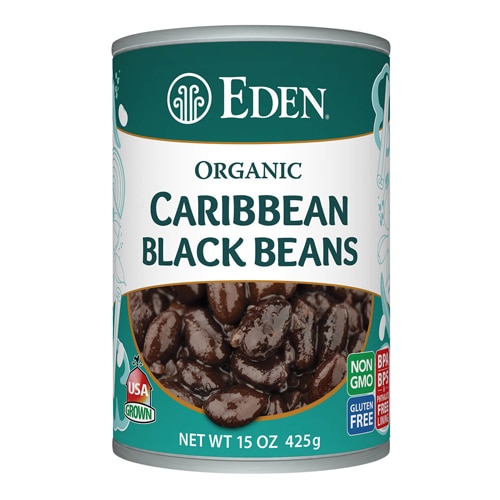Canned goods get no love. Many of us are smitten with fresh vegetables and fruits, and in a pinch we’ll embrace frozen varieties.
But canned foods finish a distant third when it comes to winning our affections.
However, choose the right types of canned goods, and you can get surprising benefits, says Amy Gorin, a registered dietitian nutritionist and owner of Amy Gorin Nutrition in the New York City area.
“Canned foods in general are as good for you as fresh or frozen ones,” she says.
In fact, the canning process offers some advantages over fresh foods. Canning seals foods in at the peak of their ripeness, Gorin says, adding that in some cases, “they are even more nutritious” than fresh foods.
For instance, studies have found that the human body may absorb the antioxidant lycopene more easily from some forms of canned tomatoes than it does from fresh tomatoes. Lycopene consumption is believed to reduce cancer risk.
Canning also may prevent the growth of the microorganisms that can cause food-borne illness, Gorin adds.
Selecting the right canned foods
However, not all canned foods are created equal. For example, a lot of canned goods are packed with extra – and undesirable – ingredients, such as added sodium or sugar.
She cites the example of chickpeas, which in their natural, fresh state contain about 10 to 30 milligrams per half-cup serving. “Regular canned chickpeas, on the other hand, will typically contain 300 to 400 milligrams sodium per half-cup serving,” Gorin says.
So, the savvy shopper needs to look carefully before purchasing canned goods, she says.
“I would recommend shopping for no-salt-added canned beans and vegetables, when possible, as well as low-sodium soups,” she says.
To cut back on added sugars, select fruit canned in juice or water that does not contain any added sugar. When shopping for canned pumpkin, look for 100 percent pumpkin versus pumpkin pie mix, which contains added sugar, Gorin says.
Also, try to avoid fruit canned in “light syrup” or “heavy syrup.” Those designations mean it has sugar added to it.
“Read the ingredient label to make sure it contains nothing but fruit,” Gorin says. “Fruit canned in juice or water is a good option.”
Storing canned goods correctly
To keep your canned goods in tip-top shape, store them in a clean, dry place at temperatures between 50 and 70 degrees Fahrenheit, Gorin says.
Temperatures over 100 degrees Fahrenheit significantly raise the risk of spoilage of canned foods, according to the U.S. Department of Agriculture. The agency says you should never store cans:
- Above or beside the stove
- Under the sink
- In a damp garage or basement
- Any place exposed to high or low temperature extremes
“I would recommend storing so that the cans with the longest expiration dates are in the back of a cabinet,” Gorin says. “This way, you’ll use up the cans that are expiring first.”
Discard any cans that are deeply dented. “A deep dent may allow bacteria to enter into the can,” Gorin says. “Consuming the canned food may put you at risk of food-borne illness.”
Also avoid heavily rusted cans, which may have small holes in the can that can allow bacteria to enter, she adds.
Before consuming a canned food, rinse it under running water. “This is so harmful particles may be washed away instead of falling into the food,” Gorin says.
If you don't use all of the food in a canned good, it's safe to put the can in the refrigerator and store the leftover food that way, the USDA says. But doing so may compromise the food's quality and flavor.
So, the USDA suggests pouring the unused portion of a canned good into a plastic or glass storage container instead.




